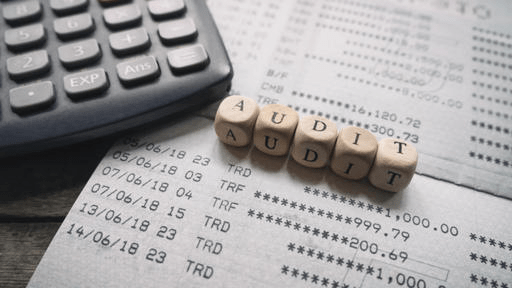
8.28.20 – Mitch Reitman
In the past week, three of our clients have received sales tax audit notice from the State Comptroller. These are the first sales tax audit notices that I have seen go out in a few years. My guess is that the State has decided to monitor compliance with what is referred to as “the 1702” provision in the State Tax Code (Section 151.005 includes Security Services as subject to sales tax and defines them as service(s) for which a license is required under Section 1702.101 or 1702.102, Occupations Code..
Examples are:
- investigative or detective services
- guard services (excluding guard dog companies)
- alarm systems installation or monitoring
- armored cars or armed couriers
- security services contractors
- private security officers (excluding private security consulting companies)
- locksmith services (excluding using a “slim-jim” or similar device to open a locked vehicle)
- computer forensic services
- unclaimed property services
You will notice that installation and monitoring are included. You may also notice that Fire Installation and monitoring are not, but that is a separate discussion.
The Tax Code does exempt medical alert services, but not much else.
If you have a PSB license, expect a letter from the Comptroller letting you know that they are going to drop by and take a look around. If you are not charging your customer tax on the value of your Security Services, be ready to have an issue. Contrary to popular belief, it is not sufficient to pay tax on the wholesale value of equipment when purchased from the distributor. This argument won’t hold water because the State considers the customer as the end user of the service. If you provide installation services to a General Contractor, the General should be charging the customer and remitting the tax on the full amount of the installation. While this gets you off the hook, you must have a Resale Certificate on file for the General Contractor. If you do work for a Charity, you do not have to charge tax, but you must verify that the charity is in fact tax-exempt. The best way to accomplish this is to go to the Texas Tax Exempt Entity Search Website https://comptroller.texas.gov/taxes/exempt/search.php to verify that the entity is, in fact tax-exempt. Remember, though that a not for profit (i.e. a trade association like TBFAA) is not exempt from sales tax. You should print the information from your web site look up and keep it with the customer file. You should update this at least yearly as some charities lose their exemptions. During the audit the auditor will look each of these up, so best to get ahead of the game.
Keep in mind that the reason that the Comptroller’s office performs these audits is because this is a unique situation and many security companies are not in compliance. In fact, many tax practitioners view your company as a contractor and don’t understand the 1702 provision.
If you are not in compliance, take steps to get into compliance, and do it now. Start charging tax for taxable services, get resale certificates, and look up churches on the website. These audits aren’t pleasant, but, if you can show that you “saw the light” and got into compliance before you received the audit notice you might be able to mitigate taxes and penalties.
Another important thing to do is to ask the auditor to conduct the audit at your accountant’s office. These audits can be very disruptive and it helps to have the auditor away from your staff. Be sure to respond timely and supply the auditor with all requested items. These people aren’t out to hurt you, and with few exceptions, they don’t want to cause harm to your business.
Mitch Reitman is Managing Principal of Reitman Consulting Group and is a 25 year member of TBFAA. He serves the Board of Directors as Treasurer and was the 2019 TBFAA Person of the Year. He can be reached at MReitman@Reitman.us.
